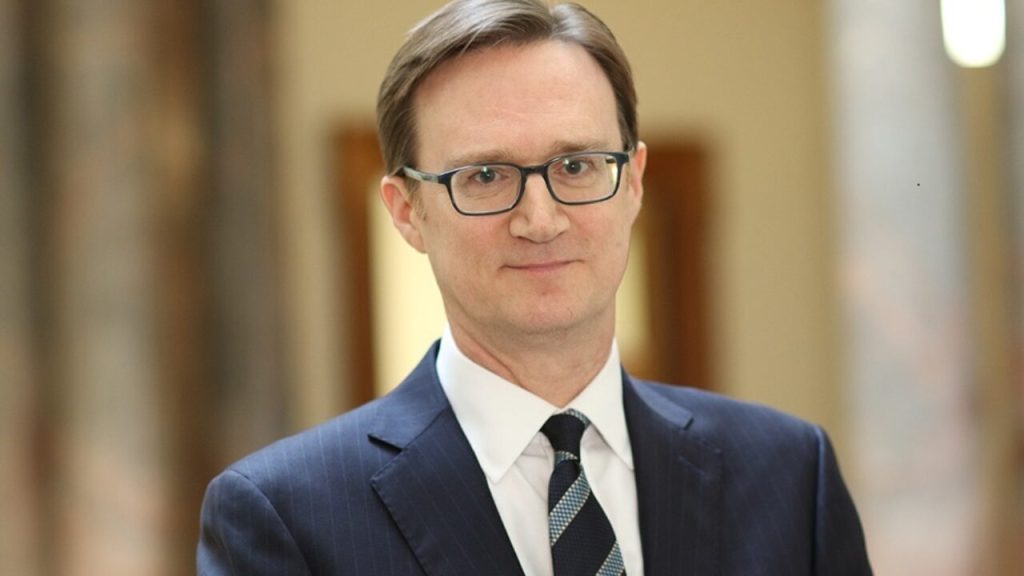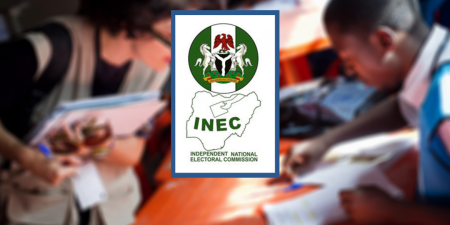Paragraph 1: UK-Nigeria Cybersecurity Partnership
The United Kingdom and Nigeria have strengthened their collaborative efforts in combating the escalating threat of cybercrime and bolstering digital security. This partnership, formalized through a Memorandum of Understanding signed in 2023, focuses on five key areas: threat hunting, enhancing cyber threat intelligence capabilities, identifying critical national infrastructure, strengthening digital forensics, and developing national incident response plans. These areas are crucial for establishing robust governmental cyber capabilities and effective international cyber diplomacy. The UK has pledged technical support and intelligence sharing with Nigeria, drawing from its experience and partnerships with research institutions, private sector players, and universities. This collaboration aims to assist Nigeria in building a resilient digital ecosystem and navigating the complexities of the evolving digital landscape.
Paragraph 2: Nigeria’s Cyber Diplomacy Strategy
Nigeria is actively shaping its sovereign decisions in cyberspace, recognizing the urgent need to establish itself as a proactive and responsible actor in the global digital order. The country’s foreign policy is adapting to a world where technology companies wield significant influence, impacting public opinion, economic outcomes, and even conflict dynamics. Nigeria’s cyber diplomacy strategy prioritizes regional collaboration, particularly within ECOWAS and the African Union, fostering trust and promoting innovation. The country aims to lead Africa’s digital future by training a new generation of cyber negotiators, enhancing regional incident response capabilities, and advocating for African-led solutions to global digital challenges. These solutions encompass promoting ethical AI development and advocating for climate-conscious data practices.
Paragraph 3: Establishing a Cyber Diplomacy Unit
To coordinate its international cyber engagements and champion ethical digital governance, Nigeria has established a dedicated Cyber Diplomacy Unit within the Ministry of Foreign Affairs. This unit will collaborate with international partners like the UK while simultaneously training future African cyber negotiators. The unit’s establishment underscores Nigeria’s commitment to actively shaping the global digital landscape and contributing to international discussions on cybersecurity, data privacy, and internet freedom. The launch of an online Anticipatory Cyber and Digital Diplomacy Masterclass Series for African and Global South diplomats further demonstrates Nigeria’s commitment to knowledge sharing and capacity building within the region.
Paragraph 4: Anticipatory, Cyber, and Digital Diplomacy
Nigeria’s approach to cyber diplomacy integrates anticipatory diplomacy, which focuses on early detection of warning signals and proactive planning for future challenges, ranging from the global race for critical minerals to the regulation of artificial intelligence. Cyber diplomacy encompasses international cooperation on combating cybercrime, protecting infrastructure, safeguarding elections, and shaping global norms around digital governance. It acknowledges that traditional diplomatic methods are insufficient in the face of the rapid technological advancements of the 21st century. Nigeria is working to develop robust legal and policy frameworks to manage the impact of technologies like AI, data governance, and cybersecurity, recognizing that cyber threats pose a significant danger to national infrastructure and the rule of law.
Paragraph 5: Challenges and Threats in the Digital Landscape
Nigeria faces significant challenges in the digital realm, including a reported surge in cyberattacks, with estimates of over 4,000 attacks daily. The spread of misinformation and hate speech online further exacerbates these challenges, posing risks to national unity and governance. The country’s previous experience with suspending Twitter in 2021 highlights the complexities of balancing digital sovereignty, platform accountability, and freedom of expression in the digital age. Addressing these challenges requires a multifaceted approach involving cooperation between government agencies, the private sector, and civil society.
Paragraph 6: Global Context and Nigeria’s Role
The evolving digital landscape has prompted countries worldwide, including the United States, United Kingdom, China, and European Union members, to develop comprehensive cyber diplomacy strategies. These strategies address the growing importance of cybersecurity, data privacy, AI ethics, and the influence of technology companies on international affairs. Nigeria’s proactive engagement in cyber diplomacy positions the country to contribute meaningfully to these global discussions and shape the future of the digital world. This engagement emphasizes sovereignty, trust, and innovation, aligning with Nigeria’s broader foreign policy objectives within ECOWAS, the African Union, and the United Nations.














